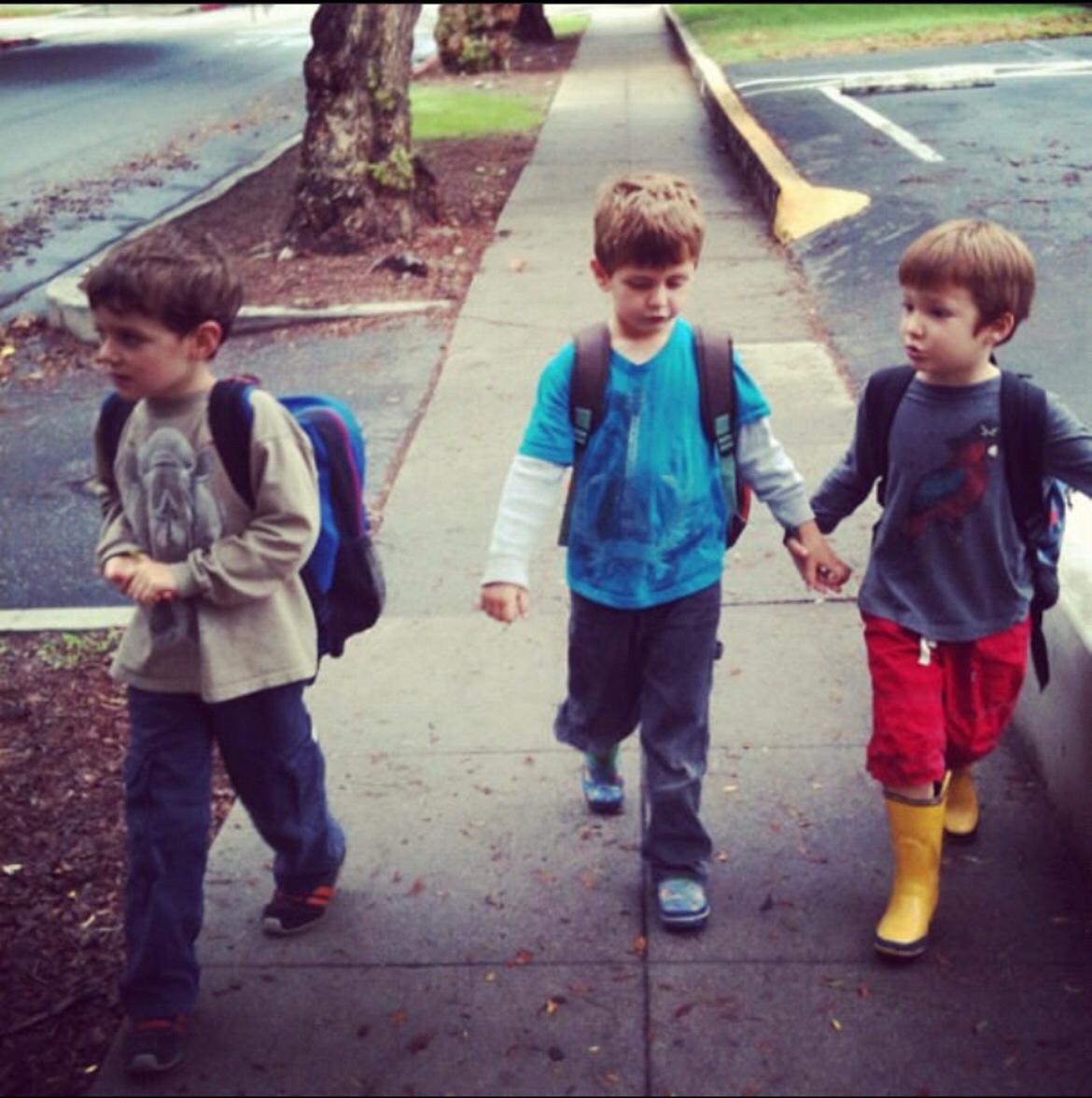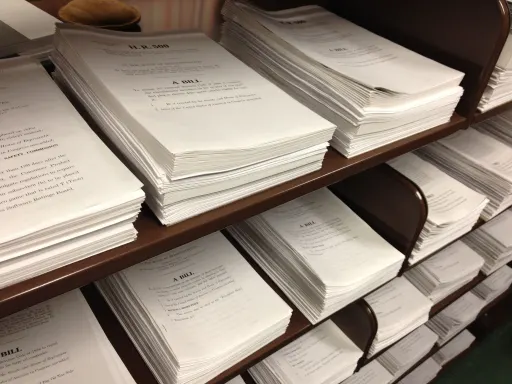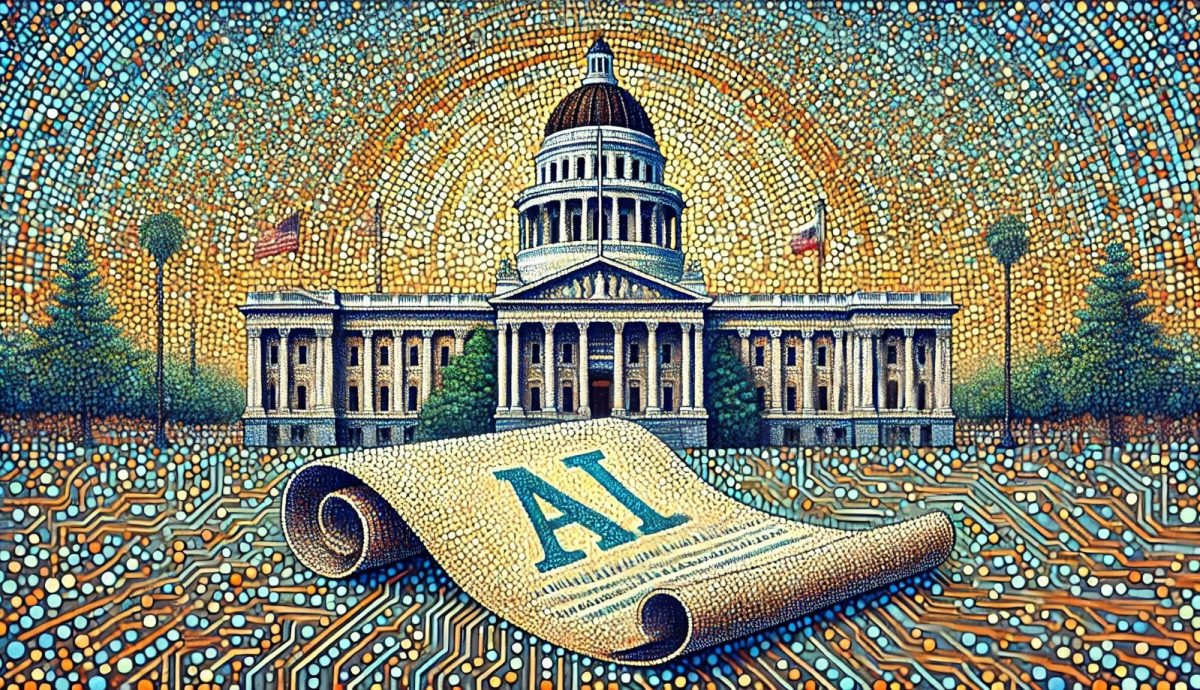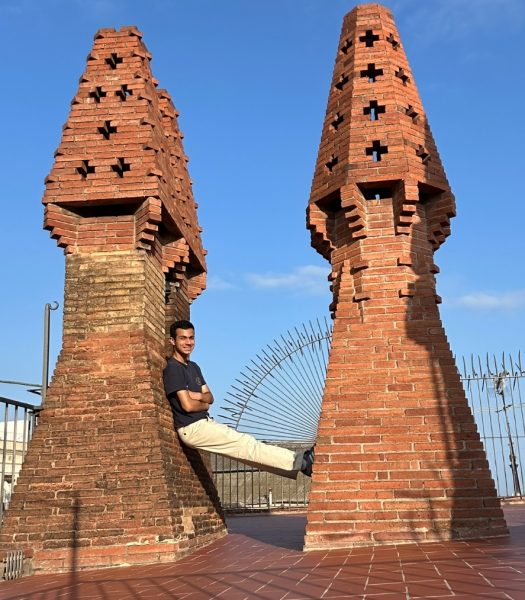There are pretty good odds that whoever is reading this article is, or knows, someone with an immigrant story. In fact, about one-third of all K-12 students nationwide have immigrant parents, and that fraction is undoubtedly bigger in a SoCal school like CHS. Though honestly, that is hardly surprising; America’s diverse education system is precisely what makes it so attractive to foreigners wishing for more opportunities. However, it is beginning to seem like the path for foreigners to even reach this country, let alone its schools, will become completely different over the next four years due to the various changes that President Donald Trump has enacted and will make to the immigration system.
These radical changes can be traced back to Day One of President Trump’s second term, when he gave the Department Of Homeland Security the direction to arrest, detain, and deport as many undocumented immigrants as it could. In tandem with this, he ordered the Department to expand its use of “expedited removal”, a practice wherein undocumented immigrants are deported without even standing trial or speaking to a lawyer. Adding in the Laken Riley Act, which obligates the deportation of all undocumented immigrants merely accused of stealing or causing bodily harm and allows state governments to sue if the Department does not follow this obligation, it is clear that President Trump has given immigrants little leeway.
However, perhaps most harrowing for students is an order passed on February 20th of this year that seeks to restrict all taxpayer-funded welfare programs from being used by undocumented immigrants. Although the order did not specify if K-12 education was considered “welfare”, there is certainly a risk that it will be interpreted as such as a means to remove immigrant children from schools or associated educational programs. This possible action would go against a landmark 1982 Supreme Court case that guaranteed non-citizens the right to a public education. But beyond the semantics, this could be particularly devastating because for the children of parents without papers, school is one of the only ways to create some sort of stability in life. Without a chance at the educational opportunity that makes America so sought out in the first place, it is clear that this collection of new acts and the withholding of welfare in particular may shut down new immigrant stories in schools before they begin.
Of course, much of this is speculative—perhaps we will not see any children being pulled out of CHS mid-year because their parents do not have documentation. But the fact is that these orders and bills are law, and the capacity to interpret them in restrictive ways will always exist. Until there is definitive proof that these things will not happen, people should cherish the immigrant stories they do see at school before it is too late.



















